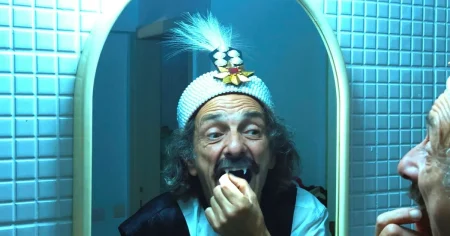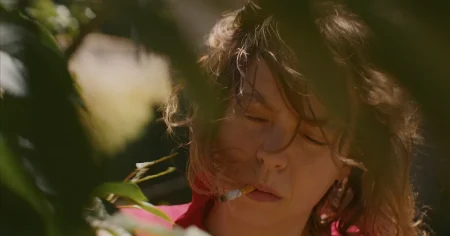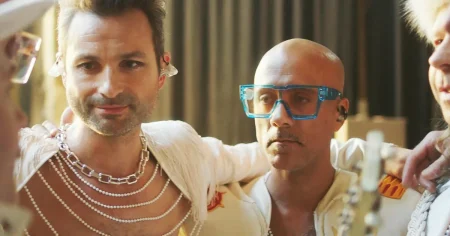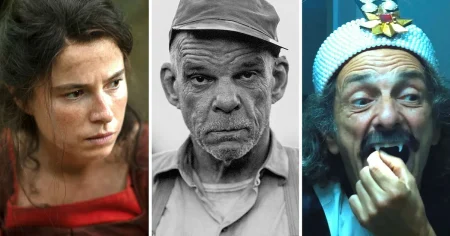The author grapples with a profound sense of loss and a diminished sense of self following the death of her dog. The initial reaction, captured in a list of newfound freedoms, highlights the practical advantages of a pet-free life: sleeping in, carefree snacking, and financial relief from hefty veterinary bills and specialized dog food. This list, a testament to the tangible burdens of pet ownership, promises a life of ease and liberation. However, this initial perception of freedom quickly gives way to a deeper, more unsettling reality. The promised freedoms remain untaken, the extra money unspent, and a nagging emptiness persists. The author doesn’t indulge in the liberties outlined in her list, suggesting that the dog’s absence has left a void deeper than mere inconvenience. The anticipated joys of a less demanding life are replaced by a disconcerting lack of purpose.
The author’s attempts to rationalize her pet-free existence further underscore her internal conflict. While watching heartwarming dog videos, she verbally affirms the convenience of not having to brave inclement weather for walks. This outward expression of relief belies a deeper longing, a subconscious yearning for the very routine she claims to be glad to have escaped. The act of walking the dog, previously perceived as a chore, is now romanticized as a simple, unburdened activity. The repetitive nature of pet care, akin to brushing one’s teeth, provided a comforting rhythm to daily life, a rhythm now disrupted by the dog’s absence. The contrast between the perceived burden and the actual experience of loss reveals a complex emotional landscape where the author struggles to reconcile her present reality with the memories of her canine companion.
The author’s internal struggle is further complicated by the evolving dynamics of her family life. With her child growing older and her husband self-sufficient, the author finds herself with an excess of personal time and a dwindling sense of responsibility. The constant, low-level awareness of the dog’s needs, represented by questions like ”Where is he lying?” and ”Has he eaten?”, has vanished. This ever-present attentiveness, once a subtle backdrop to her daily routine, is now acutely missed. The dog’s predictable behaviors, such as barking at the elevator, provided a familiar structure and a sense of anticipation that now contributes to the feeling of emptiness.
The author’s self-reflection reveals a deeper existential crisis. The newfound freedom from responsibility, rather than liberating, has led to a sense of boredom and a lack of focus. The author questions her own capacity for self-sufficiency, wondering if a more ”interesting” person would be better equipped to handle this abundance of free time. This self-doubt is further compounded by societal trends that seem to embrace self-centeredness. The author contrasts her own discomfort with this prevailing ethos, suggesting that she needs the external focus of caring for a dog to prevent her world from shrinking inward. The dog, in essence, provided a necessary outward focus, a connection to something beyond her own thoughts and needs.
The author’s narrative poignantly captures the often-overlooked emotional significance of pet ownership. Beyond the practical considerations of walks, feeding, and veterinary care, lies a deeper bond, a shared existence that shapes daily routines and provides a sense of purpose. The dog’s presence filled a specific emotional need, offering a constant source of companionship and a framework for daily life. The absence of this presence has created a void, leaving the author grappling with feelings of emptiness and a diminished sense of self. The author’s experience highlights the profound impact pets can have on our lives, often extending far beyond the practical responsibilities they entail.
In essence, the author’s story is not simply about the loss of a pet, but about the loss of a specific type of relationship and the resulting struggle to redefine her own identity in its absence. The initial perception of freedom is quickly replaced by a deeper understanding of the dog’s role in her life, not just as a pet, but as a focal point for her attention and a source of meaning. The author’s candid self-reflection reveals the complexities of grief and the often-underestimated emotional significance of animal companionship. The dog’s absence has not only disrupted her daily routine but has also triggered a profound existential questioning, forcing her to confront her own self-perception and her place within a world that seems increasingly geared towards self-absorption. The dog, in its constant need for care and attention, provided an anchor against this tide, a connection to something beyond herself that now, in its absence, leaves her adrift.














